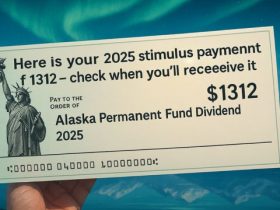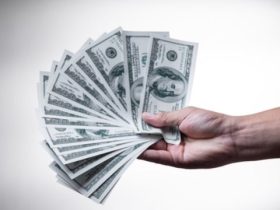This year’s class action lawsuit against Citibank is nearing its conclusion, and depending on the strength of their case, qualified plaintiffs might win anywhere from $350 to $850.
Class action lawsuits give groups of people, referred to as “classes,” the ability to file a case together. These cases, which are usually started by one or a small number of persons, allege that a business or other entity has wronged a larger group of people who have comparable complaints.
All impacted members, not just the original filers, are covered by a case once it becomes a class action. Businesses frequently decide to resolve these disputes by paying class members, who typically give up their ability to pursue additional legal action in exchange for the compensation.
Details of the Citibank settlement
In this particular instance, Citibank is charged with breaking the Telephone Consumer Protection Act of 1991 by allegedly harassing customers with unsolicited robocalls on past-due credit card amounts for the past ten years.
This Act prohibits businesses or debt collectors from contacting clients or potential clients via fax machines, SMS text messages, artificial or prerecorded voice messages, or automatic dialing systems. Citibank would face severe penalties if it were discovered that they had abused these channels to reach their clients.
But like most class action lawsuits, the bank denied any wrongdoing and stated that they had chosen to settle the case out of court to prevent it from going to trial and possibly attracting the attention of the Federal Communications Commission (FCC), which is responsible for ensuring that the Act is applied correctly. To do this, a $29.5 million settlement was struck, which will be disbursed to the victims.
The majority of claimants will receive between $350 and $850 because, of course, not everyone was contacted as frequently and not everyone had the same disturbances to their daily lives as a result of the unsolicited calls.
The maximum compensation given per impacted person is $2,500, which may be awarded to anyone who can demonstrate that they got more than five calls.
Claimants must produce proof of receiving the calls, such as screenshots or phone records, or other proof of receiving the calls, such as recorded messages, in order to be eligible for the money.
Before December 20, which has been set as the deadline for filing a claim, all of the evidence must be collected and prepared for presentation. Even though four weeks might not seem like enough time, claimants should have plenty of time to request any records they need from the phone company.
Read Also: Why Walmart Customers in this Country are Spending More Than $8 Every Time
The impacted individuals will have been contacted over a past-due credit card account between August 15, 2014, and July 31, 2024, to make the process of identifying dates easier. While some current and former customers may have been impacted as well and may be eligible to receive a share of the pie, the majority of those impacted will have never been Citibank customers.
Those who would like to file a claim can do so online by clicking on this link. Make sure you have enough time to provide all pertinent information. The hearing for final clearance is set on January 14, 2025.
It will also be necessary to provide documents explaining why the plaintiff wants to be removed from the lawsuit so that they can later submit a different claim.
However, it is essential to consult with a different lawyer first to determine whether your claim can be supported later. It will be even more important for this reason to collect as many records and as much information as you can about the harassment.











Leave a Reply